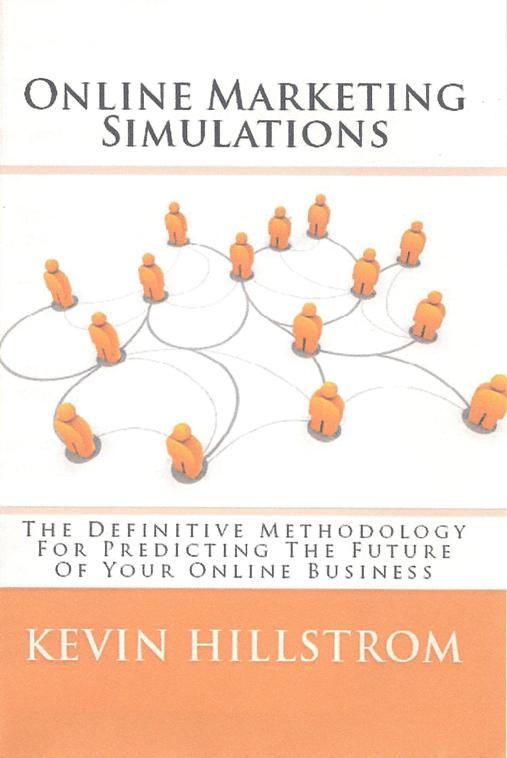Dear Analysts:You asked me to help you understand what CEOs and Executives are looking for from the analyst community. Today, we're going to focus on profit.Always remember that Executives care about two things.- Increased Sales.
- Increased Profit.
And there are three reasons that Executives care about these two things.
- As long as Sales and Profit increase, they get to keep their job.
- If Sales and Profit increase consistently over time, under their watch, they get promoted.
- Executives usually have a bonus structure that pays if both Sales and Profit increase. And for most Executives, the bonus structure is very rewarding, and consequently, very motivating.
So, in order for an Executive to truly be interested in what you have to offer, your analysis needs to be aligned with increasing Sales, and increasing Profit. Increasing both will perk up the ears of any Executive. Increasing just profit (in other words, recommending to decrease sales as a way to increase profit) is a very slippery slope that most Executives aren't interested in (though it can be exactly what a company needs).
Now, it isn't hard to calculate the annual sales impact of what you are communicating. For instance, say you execute an online optimization test, and you find that you can increase conversion rates by 7%, increasing the rate from 5% to 5.35%. Say you have 3,000,000 annual visitors. And assume that the average order value is $100.
- Annual Sales Increase = 3,000,000 * (0.0535 - 0.0500) * $100 = $1,050,000.
As an analyst, you're half-way there. Next, you need to convert the $1,050,000 to profit.
To do this, go find a friend in your Finance department. In fact, set up a meeting with the CFO (Chief Financial Officer). Now this may surprise you. Of all the members of the Executive team, the CFO is most likely to take a meeting with you.
Here's why. Your CFO knows where your business is headed (sales up/down, profit up/down). Your CFO might be dying to trim the advertising budget, your CFO might be dying to add money to the advertising budget to prop up sales, your CFO might be livid with the IT team for not implementing website improvements that could boost sales today.
So if you have any information that could help the company increase sales or profit, your CFO wants to know about it. Now.
Here's where you benefit. After you present your findings to the CFO, ask for help converting sales to profit. Ask the CFO to share with you the formula for converting sales to profit.
At most companies, there is a percentage that Finance folks use to quickly convert sales to profit. This number is called the "flow-through rate" or the "profit factor". The metric represents the percentage of sales that convert to profit after backing out returns, unfulfilled items, cost of goods sold, marketing discounts, pick/pack/shipment of items, and call center / distribution center staffing costs. Across the businesses I work with, this percentage varies, usually between 10% (companies like Overstock.com that sell $500 items with a $425 cost of goods) to as much as 50% (companies that sell $500 items with a $200 cost of goods).
Assume that the percentage is 30%. In our case, sales increased by $1,050,000. We multiply this number by 0.30, yielding an estimated amount of profit of $315,000.
Is $315,000 a good number? Who knows?
Here is where you can work with your Finance team for some additional information. Ask the Finance team for a year-end projection of Sales and Profit. If they are willing to share the information (most Finance folks at most companies will be willing to provide you with numbers that are close to accurate), you're likely to see something like this:
- Annual Sales = $15,000,000.
- Annual Profit = $800,000.
Now you have some "context". If you are working for this company, you just found a way to increase annual profit from $800,000 to $1,115,000.
I promise you, that if you have found a way to increase company profitability by about 40%, your CFO is going to annoint you as The Savior to a vast audience of Executives.
This is what is important, Dear Analysts.
- Do not communicate that your multivariate optimization testing strategy increased conversion rates by 7%.
- Do communicate that you found a way to tweak the website so that company profit increases by 40%.
Which of those two sentences is more likely to resonate with your Executive team?
Analysts seldom succeed on the merits of their work. Analysts have a good chance of succeeding when they communicate via the language of the Executive. The most important word in Executive parlance is "profit".
"Profit".
Learn how to calculate "profit".
Make friends with an Executive in Finance.
Demonstrate to your Executive team, via "profit", that you have the keys to business success!
You can do this!
Labels: Analyst Spotlight


